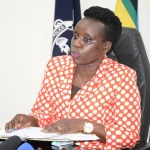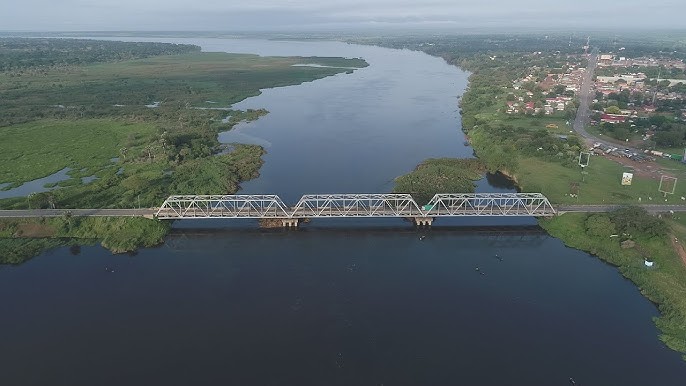State Minister for Industry, David Bahati, has committed to providing the necessary incentives and tax relief to ensure the success of the JWK International Hospital, set to become Wakiso District’s largest dialysis center in Uganda. The hospital, located in Kakiri Town along the Kampala-Hoima Road, was officially inaugurated last week, but has faced difficulties in reaching full capacity due to outstanding tax obligations with the Uganda Revenue Authority (URA).
During the hospital’s commissioning on behalf of Health Minister Dr. Jane Ruth Aceng, Minister Bahati acknowledged the need for local authorities to offer support in terms of taxes, electricity, and infrastructure. He expressed his determination to ensure that the hospital receives the assistance it requires from the government, including the immediate release of three ambulances held by URA.
Minister Bahati also commended the hospital’s investor, who had previously worked in the United States, highlighting that the venture was driven by a sense of duty to serve the country rather than a profit motive. He encouraged the hospital to prioritize the treatment of non-communicable diseases, mental health issues, and child mortality.
The minister emphasized the significance of the hospital’s dialysis department, which is one of the largest in the country, stating that it would greatly contribute to reducing the need for medical services abroad.
JWK International Hospital is part of a broader investment effort in the fields of healthcare, home care services, pharmaceuticals, and hospitality in both Uganda and the United States. These endeavors fall under the auspices of Angels Mission Home Care Services, an organization founded by Lukwago.
The hospital, named in honor of Lukwago’s father, John William Kiggundu, is a 50-bed facility with an initial three dialysis machines, with plans to expand to 10 machines in the near future. Dr. Henry Lukwago, the hospital’s CEO and Chairman of the Board of Directors, unveiled a five-year plan to increase the hospital’s capacity to 150 beds and offer services tailored to the local low-income population.
However, the hospital faced challenges as it opened without its ambulances and essential equipment, which were held by the Uganda Revenue Authority for tax purposes. Lukwago expressed his frustration at having to pay taxes on medical equipment despite the law suggesting otherwise and encountering bureaucratic obstacles within government agencies.
He called upon the government and other partners to contribute to the project’s expansion. Additionally, Lukwago expressed disappointment with local government officials and electricity authorities for their reluctance to facilitate necessary infrastructure improvements.
Lukwago aimed to improve the road leading from the main Hoima Highway to the hospital, a distance of approximately 100 meters, but faced obstacles in doing so privately. When he agreed to have the district undertake the road project, authorities provided a quotation of up to 11 million Shillings, which would total 15 million Shillings with additional costs. Lukwago deemed this excessive compared to what private contractors would have charged.
Furthermore, the facility required a two-phase electricity supply line, and despite his pleas, neither the Ministry of Energy and Mineral Development nor its agencies provided assistance, demanding payment of 83 million Shillings, an amount Lukwago considered excessive.
Michael Karangwa, a health consultant associated with the World Bank and USAID, expressed sympathy for Dr. Lukwago’s challenges, recognizing the potential of the investment to benefit the community and the country as a whole. Dr. Karangwa, a Rwandan medical professional, urged the government not to withhold incentives that could aid such community-focused investments.
It’s worth noting that medical equipment and related items, such as vehicle and boat ambulances, are exempt from all taxes under the fifth schedule of the East African Community Customs Management Act of 2004, which includes customs and VAT.




















